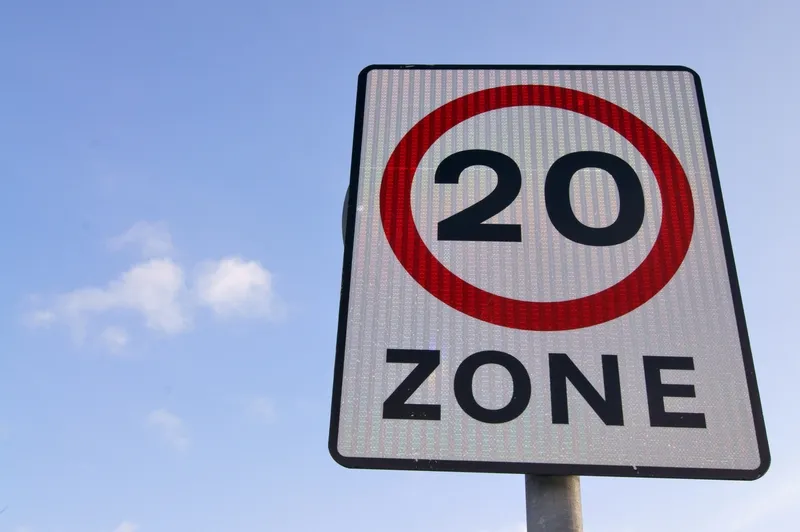
Newly published data has shown that the introduction of the 20mph (30km/h) speed limit across the London Borough of Richmond has improved road safety. This has wider implications for other countries also, showing that lower speed limits can save lives, while making little difference to journey times for drivers.
Similar information has been published regarding the improved road safety in Wales, following the widespread introduction of 20mph speed limits in many areas.
In Richmond, the 20mph (30km/h) speed limit was implemented in March 2020 and covers 97% of the borough’s roads. Taking speed recordings at 152 locations over a one-week period in May 2024, the researchers found that the measures introduced have produced a noticeable drop in overall traffic speeds, with average speeds on all the borough’s roads reducing by 2.6mph (4.2km/h). The story on Richmond's roads recording the highest speeds, saw average speeds reduce by an even greater margin of 4.4mph (7km/h).
Meanwhile, new data from Wales backs up the growing evidence that lower speed limits reduce both the incidence and severity of road crashes. There are increasing calls for the 20mph limits to be introduced for all urban areas in the UK, given the success with regard to boosting safety.
Many drivers have complained about the lower speed limits, saying that these slow journeys and result in greater fuel consumption and exhaust emissions. However, data also shows that in parts of London where the 20mph limits are in force, journey times remain unchanged. There is also evidence that because cruising speeds are lower between junctions or traffic lights, acceleration periods from rest are reduced, which actually reduces fuel consumption and exhaust emissions as a result.






